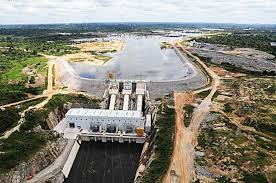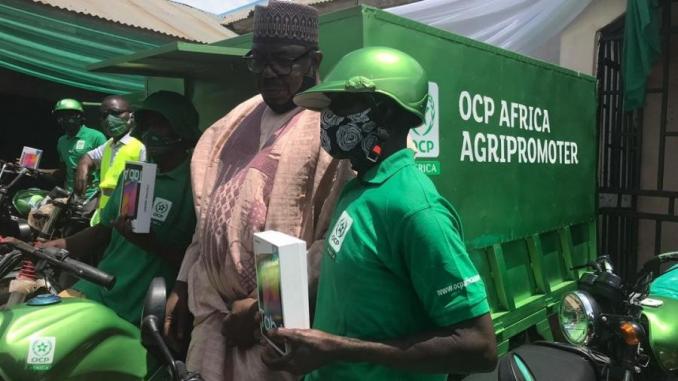As the world marked the 50th United Nations World Environment Day on Monday June 5, the Ivorian environment minister announced the upcoming implementation of a new environmental code against plastic pollution, while South Sudanese environmental activists called on the government to formulate policies and laws to curb plastic waste in the country.
“Any importer of plastic products is responsible for the end-of-life of these products,” said Ivorian Jean-Luc Assi — whose country hosted this year’s commemoration of the World Environment Day under the theme “Beat Plastic Pollution” — during a press conference in Abidjan with the Director of the UN Environment Program. “So that’s one of the measures, and it’s going to lead decrees [detailing the modalities of application of the law.] These will in turn obviously lead to decrees regulating the waste sector which includes plastic waste,” he added.
The West African country’s economic capital produces over 288 tons of waste each day, according to the UNICEF. A code and bans will not be the only solution, NGOs believe an alternative needs to be presented to consumers. While Côte d’Ivoire banned the production, selling and ownership of plastic bags in 2013, the law is now hardly enforced in the country, which produces over 200,000 tons of plastic bags every year, according to the Ministry of Hydraulics.
Meanwhile, some environmental activists in South Sudan have called on the government to formulate policies and laws for proper management of plastic wastes across the country. They say there is rampant disposal of plastic materials in the capital, Juba, and other towns, which poses risks to land fertility.
Gizam Moses, an environmental activist with the non-profit Civil Society Coalition on Natural Resources in South Sudan, said although plastic wastes “are dangerous to an extent that they don’t decompose quickly,” the country still has no regulation guiding the collection, recycling or total banning of single use plastic materials. Moses added that the waste remains a threat to soil fertility and marine life, also blocking drainage lines and river ways.



